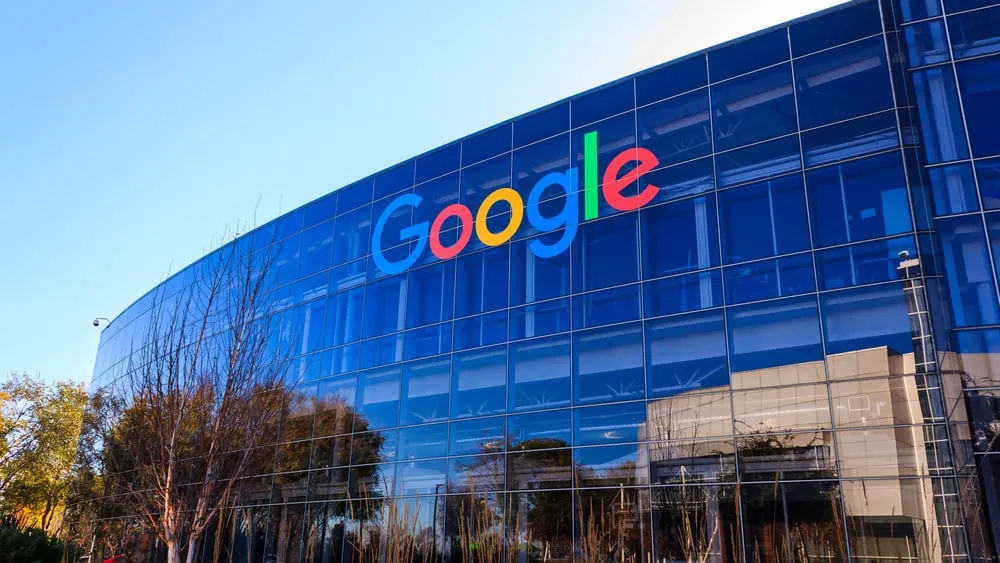In brief
- Brave thinks that UK authorities could do more to break up Google's monopoly.
- It filed a letter asking them to enforce regulation that would do this.
- Brave is a competitor of Google.
The privacy-preserving browser, Brave, has sent a letter to British authorities that argues that its failure to enforce General Data Protection Regulation (GDPR) enables Google’s monopoly, it announced yesterday.
Its submission to the UK Competition & Markets Authority, filed February 12, argues that enforcing the GDPR—Europe’s foremost data protection and privacy law—would “neutralize Google’s unfair advantage.”
Google, argues Brave, has the ability to combine all of its data however it likes, with no regulation from the CMA, and use that data for profit. But if it wasn’t able to treat the data in this way, it would struggle to keep its market share.

“The bundling of consent in the manner described by the CMA infringes some or all of the GDPR requirements of transparency, fairness, accountability, and purpose limitation in data protection law,” Brave wrote.
Thus, Brave calls upon authorities to regulate Google, which it believes would remedy all of those issues.
That would, of course, be in Brave’s interests: Brave is a competitor to Google. Unlike Google, which makes the bulk of its money from advertisers and doesn’t distribute profits to users, Brave rewards users for watching advertisements in its Basic Attention Token, and doesn’t track user activity by default.
Brave is also far less popular than Google Chrome. In December, it reported 10 million monthly users, a four percent increase from the previous month. But it hasn’t made a dent in the market share of browsers: Chrome holds 64.1% of the market share, according to data metrics site Statcounter, which doesn’t name Brave on its list of top browsers.
Brave targets Google
Nevertheless, Brave’s war against Google continues. Earlier this month, Brave published a report showing that over 400 councils in the UK have allowed at least one private company to track how visitors use its websites, and sell that information for profit. And it argued that Google runs the systems behind the scenes of the Council’s websites, “giving it the power to know what virtually anyone in the UK views on council sites.”
“Because of the nature of these sites, this can reveal very sensitive characteristics about a person’s financial circumstances, and health,” Dr. Johnny Ryan, Chief Policy Officer at Brave, told Decrypt, at the time. “It is inexcusable that people seeking help for addiction, disability, and poverty on council websites can be profiled by private companies,” he said.
“The Brave Browser exists to protect people from tracking, everywhere on the web. But it came as a surprise to me that citizens should need Brave’s shields up when visiting public service websites,” he added.
But will Brave’s war of words get any traction?

